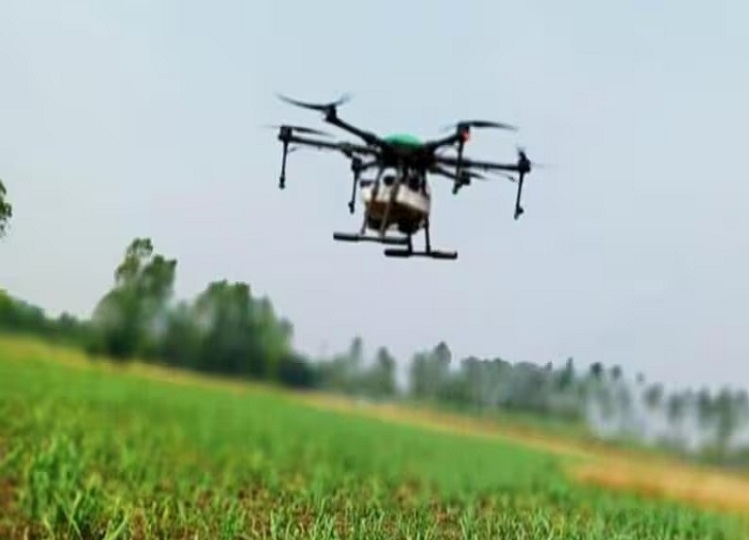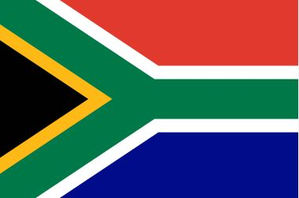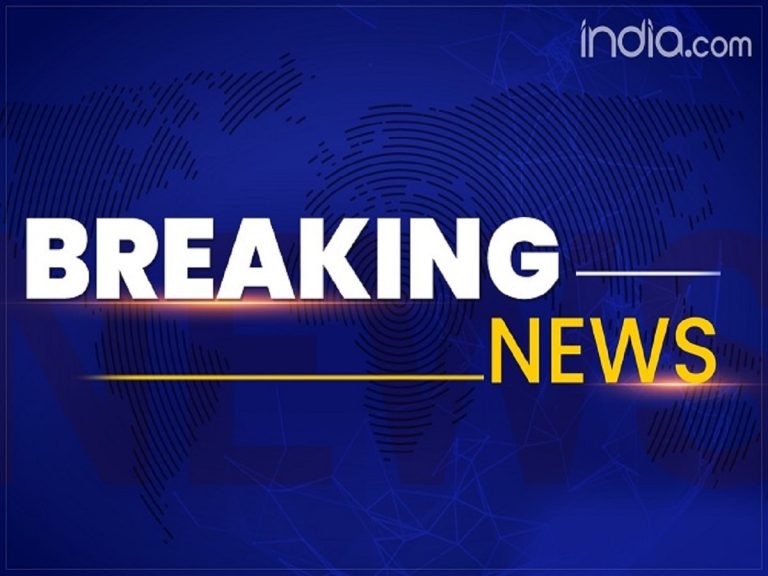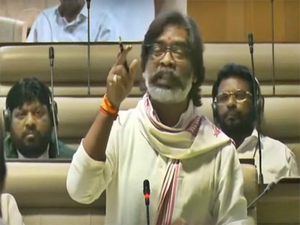Constituency Watch: A litmus test for BJP & Congress in Gujarat’s Valsad
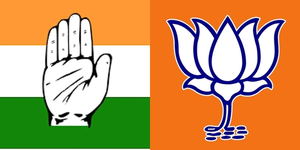
The Valsad constituency in Gujarat, known for its strategic political significance and diverse tribal population, is poised for an intense electoral contest as both the Bharatiya Janata Party (BJP) and the Congress fielded new candidates.
Renowned for its hand-loomed cloth, dyes, bricks, pottery, and castor-oil industry, Valsad, situated along the Gulf of Khambhat and south of Surat, is also a vital agricultural hub and minor port exporting various commodities.
The constituency’s electoral outcome is traditionally viewed as a bellwether, often predicting the national political trend, where the winning party in Valsad historically advances to form or become a significant part of the Central government.
The upcoming Lok Sabha election, scheduled for May 7, places Valsad in the limelight during the third phase of polling.
The BJP, victorious in the last two elections, aims for a third consecutive win.
In contrast, the Congress has nominated a prominent tribal leader, signalling its intent to reclaim the seat.
The Congress’ candidate, a 47-year-old two-time MLA Anant Patel from Vansda and chairman of the party’s Scheduled Tribe (ST) Cell, has been at the forefront of tribal activism.
He led protests against the Par-Tapi-Narmada river interlinking project and the Bharat Mala Project, raising significant environmental and land acquisition concerns, which led to the former’s cancellation in March 2022. Meanwhile, Dhaval Patel, the BJP’s nominee from the neighbouring Navsari district, faces internal party dissent, labeled an outsider in Valsad.
His background as the national social media in-charge of the BJP’s Tribal Morcha and his authored work, ‘Bharat ke Janjatiya Krantiveer; Swatantrata Sangram ki 75 Ansuni Kahaniya’, highlight his national prominence and commitment to tribal issues.
With academic and professional stints in engineering and management across global locations, Dhaval’s decision to leave a career in multinational corporations for active politics with the BJP marks a significant transition, emphasising his deep roots in the Dhodiya Patel tribal community of Zari village, Navsari.
In the Valsad (ST) constituency, internal dissent among BJP party workers has surfaced against Dhaval Patel’s nomination, citing concerns over his external origins.
Hailing from the adjacent Navsari district, Dhaval previously held the national social media in-charge position for the party’s Tribal Morcha.
This internal conflict mirrors the unrest seen in the Junagadh and Morbi constituencies, where workers’ discontent is visibly expressed through social media and public posters, challenging his acceptance as a local representative.
The Valsad contest epitomises the regional political dynamics and reflects the broader national electoral trends, making it a crucial battleground for both major parties in Gujarat’s political landscape.

